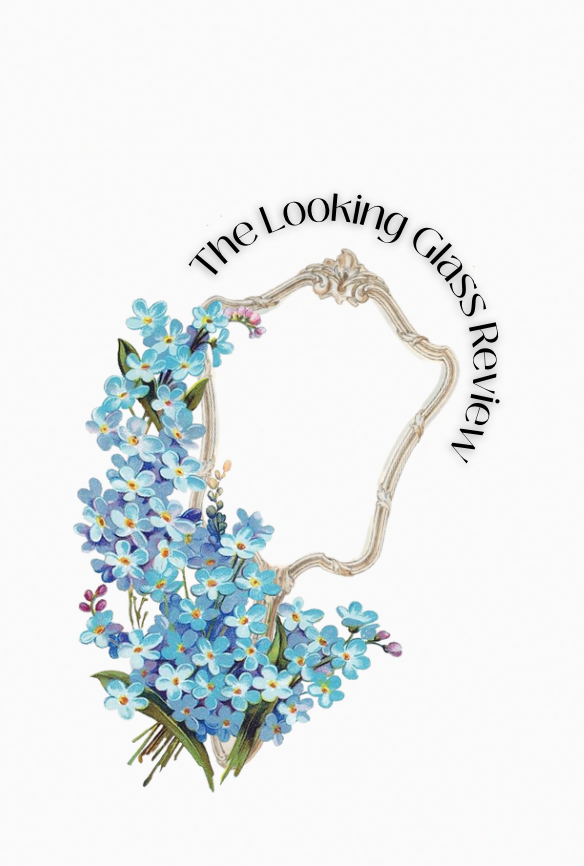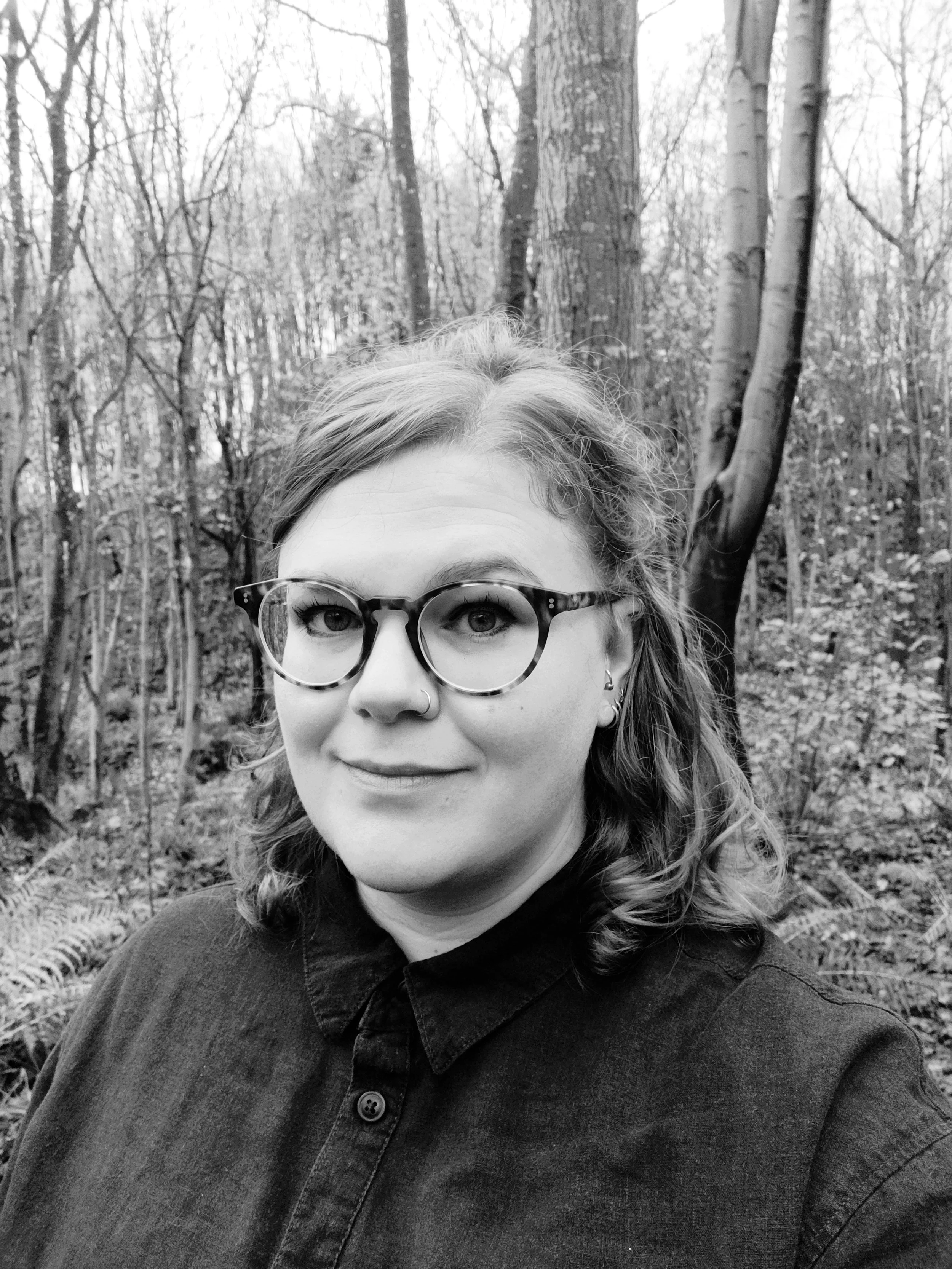R. S. Kendle: Interview & Portfolio
I: Hey R. S. Kendle! Glad to have you today, and the pleasure of getting to know you!
R: Thank you so much for inviting me. It’s such an honor to be interviewed and to have the opportunity to speak more about my work.
I: You’re very welcome, and I am glad to hear that! To begin, I would love to touch on your poem, “The Geography Of Maternity.” What inspired you to write this, are you a mother yourself, and does the experience this poem reveals mirror your own?
R: ‘The Geography Of Maternity’ is a poem that is particularly close to my heart. I became a mother six years ago and found myself struggling deeply with all the changes of matrescence (the process of becoming a mother), to the point that I suffered both pre-and-post natal depression. I had never planned on becoming a mother and found it hard to reconcile this new aspect of my identity and the process of having to leave behind so many parts of myself. During my pregnancy I found it hard to reconcile myself with the figure in the mirror, loathing all the uninvited changes taking place in my body. Following the birth of my child, I could barely recognize myself, finding a multitude of permanent changes to both my body and my mind. Over time though, I started to find myself again - the person I was beyond all the stretch marks, saggy skin, and scar tissue. I realized that rather than losing myself into the seeming void of motherhood, I had grown around it, and absorbed it.
“The Geography Of Maternity” is, for me, a celebration of postpartum bodies, of the journey of matrescence, and the joy in realizing that although I had gone through so many changes I am still myself.
I: That is a beautiful rendering of motherhood, as well as the changes that it brings forth. One of my absolute favorite stanzas from “The Geography Of Maternity” is:
“My hands tremble
As I chart the topography
Of this unfamiliar terrain.”
What advice would you give to new or recent postpartum mothers, unfamiliar with the experience of motherhood/bodily changes, if you could give any?
R: Thank you so much!
I would remind all mothers who have recently given birth that our bodies (and our identities) are fluid, rather than static. As we walk through this life we will continuously change, and, rather than trying to fight these changes (as unwelcome as they may be) try and embrace them, or at least flow with them. Although we may find ourselves at odds with the unfamiliarity, we will adapt to the changes, so that we won’t look or feel this same way forever. There is beauty and comfort in impermanence.
I: Now to get to know a bit more of you as a person, apart from your label of mother, what are your passions, your inspirations, your upbringing, your goals? How have they changed from when you were younger till now?
R: Before becoming a mother I feel like I was very driven to achieve, always in a hurry, and very ambitious. To my detriment though, I often found myself burdened with the weight of my own expectations. Since becoming a mother I’ve had to slow down, choose things that matter the most to me, and take my time on the things I want to achieve.
I’ve also found that I am a lot more outspoken and proactive about a lot of issues that are important to me and the changes I want to see in the world, on both the macro and the micro levels.
I am trying to be the sort of person I would like my child to be.
I: How do you keep your mental health healthy now, since as you mentioned before it was deteriorating alongside the changes happening in your life/to your body- I think girls of all ages would appreciate advice on this matter, mother or not!
R: It’s definitely been a long and arduous journey for me! I’ve struggled with my mental health for as long as I can remember, but only recently sought professional help as a lot of my illness and trauma was very bound up with my sense of self so I struggled to see it as a separate identity for a long time. It can be difficult to address any issues head-on and to seek external help - but it’s definitely the best thing to do. So many mental illnesses seem to thrive on isolating you from others, which then compounds the issue - a very self-serving function. Being open and honest when speaking to mental health professionals, no matter how daunting it may seem, allows them to get you a proper diagnosis and the right course of treatment for you. On a more holistic note, I find that practicing gratitude and mindfulness helps me to maintain an equilibrium. It keeps me grounded in the present moment, reminds me of all the joy in my life, and counters intrusive thoughts. I also try and take one day a month for a wee retreat, to carve out a wee bit of time for myself to practice self-care (as I find that really hard to integrate into my routine). Some of the things I’ve tried this year are yoga nidra, a sound bath, and somatic exercises. The most important thing is to find something that helps you relax, reset, and feel comfortable within yourself!
I: Do you feel that the majority of negativity regarding your image postpartum was self-inflicted, or externally inflicted- if either, how can it be avoided? Do healthy relationships contribute to self-image, or do you feel that no matter the quality of a relationship, struggle with oneself is inevitable?
R: I definitely think it was self-inflicted. I’ve never felt at home within my skin. Always found flaws, things to change, and compared myself to others. Pregnancy seemed to just compound these issues as I found myself changing in ways I’d never planned and felt my body growing out of control. In the postnatal period, I never felt I had the time or prioritize looking after my body, which led to me finding more perceived flaws … It’s only in the past couple of years that I’ve been able to start working on myself more - something I’m very grateful for. I’m not sure if this could be avoided, other than trying to be more body-positive. However, I would find that hard to stand behind as it’s something I struggle with. I suppose I would just encourage others to try and be kind to themselves, to remember how much work our bodies do for us, and that they are a vessel that allows us to move through the world. I think being in a loving relationship can help with self-image, but it’s not necessarily going to keep negative thinking at bay. It can be hard to see yourself as someone else sees you, and harder still to agree with them. I feel that self-love or even self-acceptance is an internal process.

